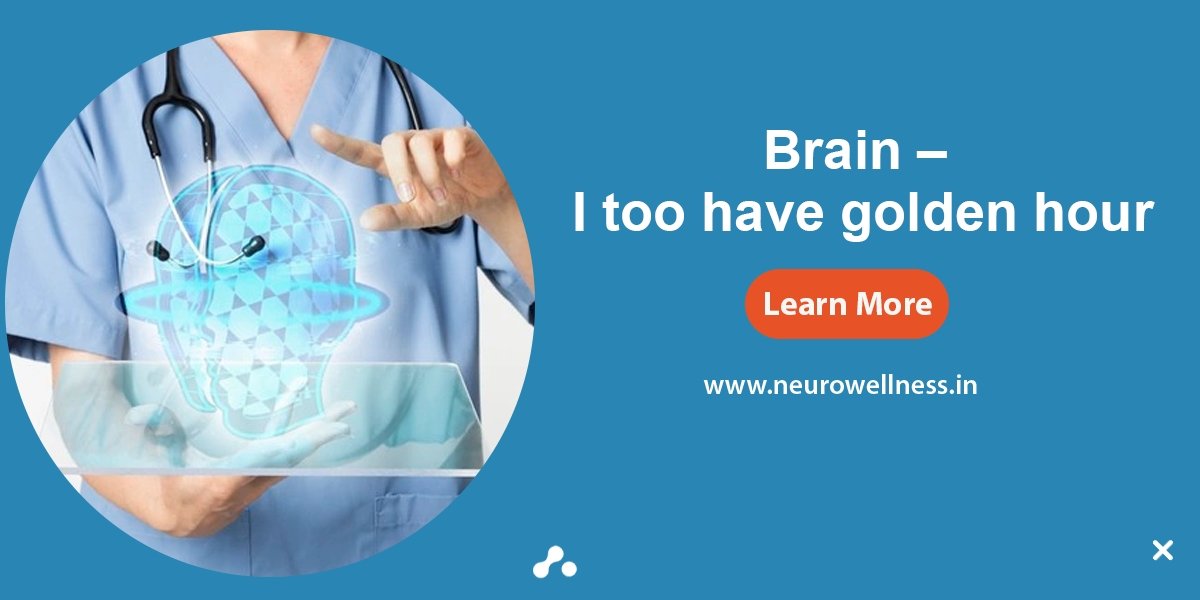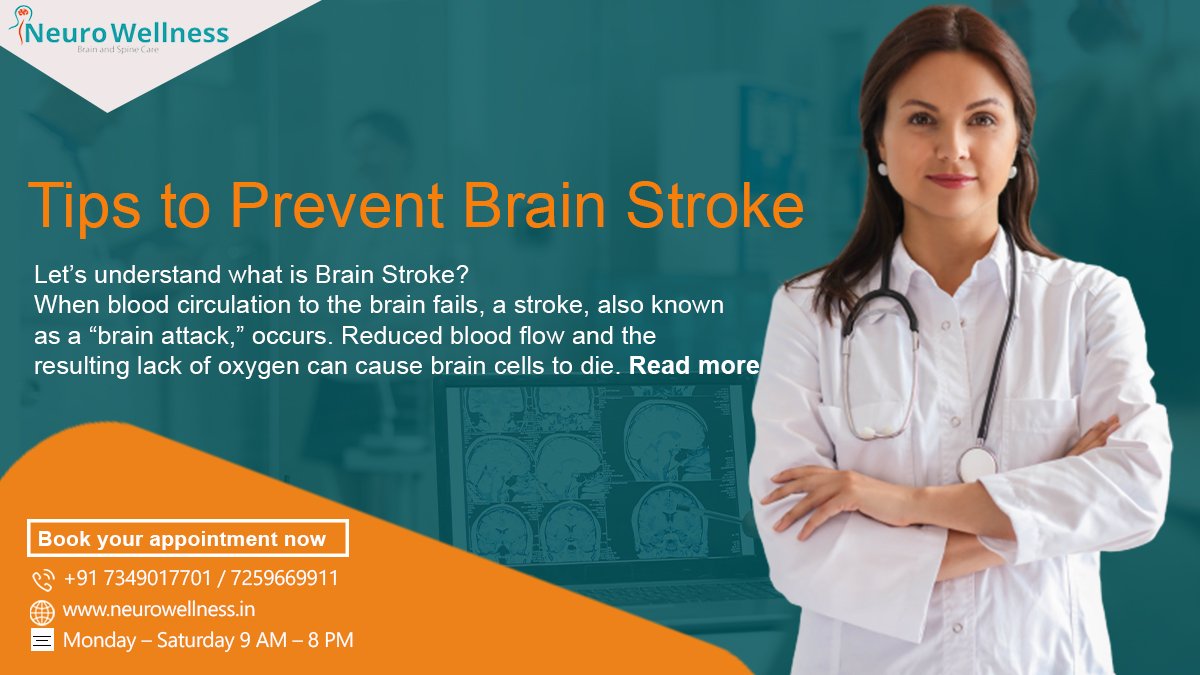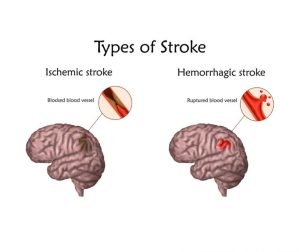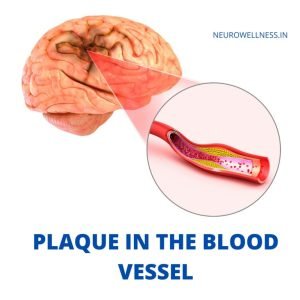Tobacco affects blood flow, nerves, and brain function, increasing the risk of stroke, spine degeneration, and nerve damage. Early awareness and timely medical care can prevent serious neurological complications.
Tobacco consumption is widely known to harm the lungs and heart, but its impact on the brain and spine is often overlooked. Long-term tobacco use reduces blood supply to the brain, accelerates nerve degeneration, and increases the risk of stroke and spinal disorders.
Nicotine and other toxic substances in tobacco interfere with oxygen delivery to nerve tissues, leading to chronic pain, weakness, and delayed recovery from neurological conditions. Many patients seek medical attention only after irreversible damage has occurred.
In this article, we explain how tobacco affects brain and spine health, early warning signs to watch for, and when expert neurological care is essential.
🔴 Tobacco – The Silent Hacker of the Brain
When we think of tobacco, most people imagine damaged lungs, yellow teeth, or bad breath. But as a neurosurgeon, I want to share the truth that often goes unnoticed — tobacco is one of the most dangerous threats to your brain and spine.
It doesn’t shout.
It doesn’t show symptoms right away.
But it silently shrinks blood vessels, starves brain cells, damages nerves, and rewires your brain into becoming its slave.
1️⃣ Tobacco Reduces Brain Blood Flow — Silent Strangulation

Dr. Ganesh Veerabhadraiah
Consultant – Neurosurgeon, Neurointerventional Surgery, Spine Surgeon (Neuro)
23+ Years Experience Overall (17+ years as Neuro Specialist)
Available for Consultation: Jayanagar 9th Block & Kauvery Hospital, Electronic City
2️⃣ Tobacco Increases Stroke and Aneurysm Risk — A Time Bomb in Your Brain
3️⃣ Tobacco Slows Brain Healing — The Enemy After Surgery

4️⃣ Tobacco Damages Spinal Discs and Bones — A Hidden Spine Killer
5️⃣ Tobacco Causes Nerve Damage — Burning, Numbness, and Weakness
6️⃣ Tobacco Increases Spine Surgery Risk — And Reduces Its Success
7️⃣ Tobacco Addiction Alters Brain Chemistry — Your Mind Gets Hijacked
Quit Tobacco – Protect Your Brain & Spine in Bangalore
“Smoking and tobacco use damage your brain, weaken your spine, and increase stroke risk. Neurowellness Brain & Spine Clinic provides expert support and treatments to protect your health.”
FAQs:
1. Can tobacco directly damage the brain and spine?
Yes. Tobacco reduces blood flow and oxygen supply to the brain and spinal cord, increasing the risk of nerve damage, stroke, and degenerative spine conditions.
2. What neurological problems are caused by tobacco use?
Tobacco use is linked to stroke, memory issues, nerve pain, spinal degeneration, delayed nerve healing, and increased risk of brain hemorrhage.
3. Does smoking worsen existing spine or nerve problems?
Yes. Smoking slows healing, worsens disc degeneration, increases chronic pain, and reduces recovery after spine surgery or nerve treatment.
4. When should a tobacco user consult a neurosurgeon?
If symptoms like persistent headaches, dizziness, limb weakness, numbness, or chronic spine pain appear, immediate neurological evaluation is advised.
5. Can quitting tobacco improve brain and spine health?
Yes. Quitting tobacco improves blood circulation, slows nerve damage, and significantly reduces future neurological risks.






